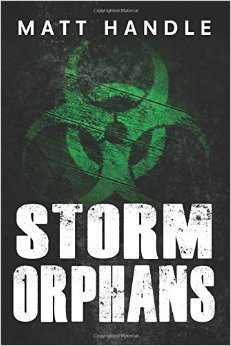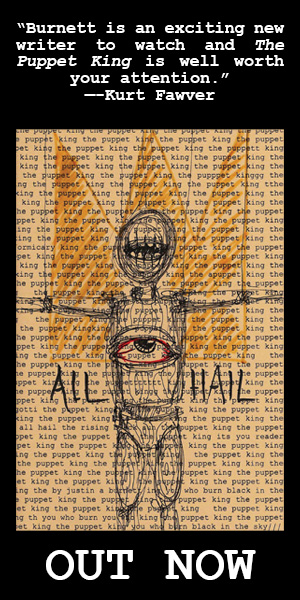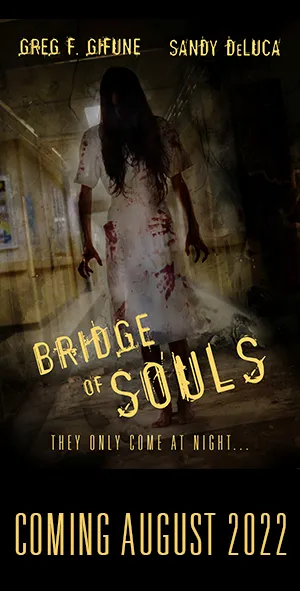Part of the premise behind my debut novel, Storm Orphans, is that as the influence of network television wanes, the government needs a new method for pacifying the American masses. It turns to a chemical solution and as you might guess, disaster ensues. Television’s influence on the public has been a major one ever since it went mainstream back in the 1950s. Politicians use it to garner public support for their election via debates and commercials. Manufacturers use it to advertise their products, often exaggerating the benefits or attempting to associate it with an image of being sexy or cool. Programming is developed that pushes corporate and government agendas, be they anti-communist, pro-American, pro gay marriage, or even pro rich, trashy housewives. The more the public enjoys a show that pushes a particular point of view, whether subtly or obviously, the more the public will wind up accepting that perspective as its own.
Before the advent of DVR, large segments of the population would go so far as to schedule their social lives around the networks’ calendar. Want to go out to the club on a Friday night in 1986? Not until after 10 PM. Miami Vice is on! Meeting a friend for dinner on a Thursday night in 1998? Well you’d better make sure the waitress delivers the check no later than 7:30. Friends starts in 30 minutes!
Even since people gained the ability to record their favorite shows for later, more convenient viewing, they still spend an amazing amount of time glued to what my parents have always called “the idiot boxâ€. According to a report by the NY Daily News last March, Americans spend an average of five hours per day watching television. That’s on top of the amount of time spent online surfing other content such as that found on YouTube and Facebook!
As television has matured, users have been provided more choices. Cable delivers hundreds of stations offering everything from home shopping to recent blockbusters to reality shows. As with any industry where customers are provided more choice rather than less, this means it’s tougher for any one organization to manipulate the public. People can decide for themselves what they want to watch and as a result, emulate.
Of course, this doesn’t mean the public makes smart choices. For every well-written, quality production like Deadwood, Dexter, or Game of Thrones, there are dozens of cookie-cutter cop and lawyer dramas, mind-numbingly dumb sit-coms, and even worse reality shows that pull in huge ratings. No one ever said the majority of people are smart. In fact, if anything, television proves the exact opposite. Most people aren’t particularly intelligent and the more you spoon-feed them mindless entertainment, the happier they think they are.
All of which brings me to my point. Isn’t it ironic that zombies truly went mainstream when they came to television via The Walking Dead? Despite decades of books and movies, it took a serialized program that launched four years ago on AMC for zombies to really hit their stride (pun intended). I’ve never watched the show so I can’t comment on its merits or the lack thereof, but I can’t help but be amused that the very medium that has zombified this nation for 60 years is what finally made mindless monsters wanting nothing more than to consume your brain an entertainment phenomenon.

You can follow Matt on Twitter and buy Storm Orphans on Amazon






